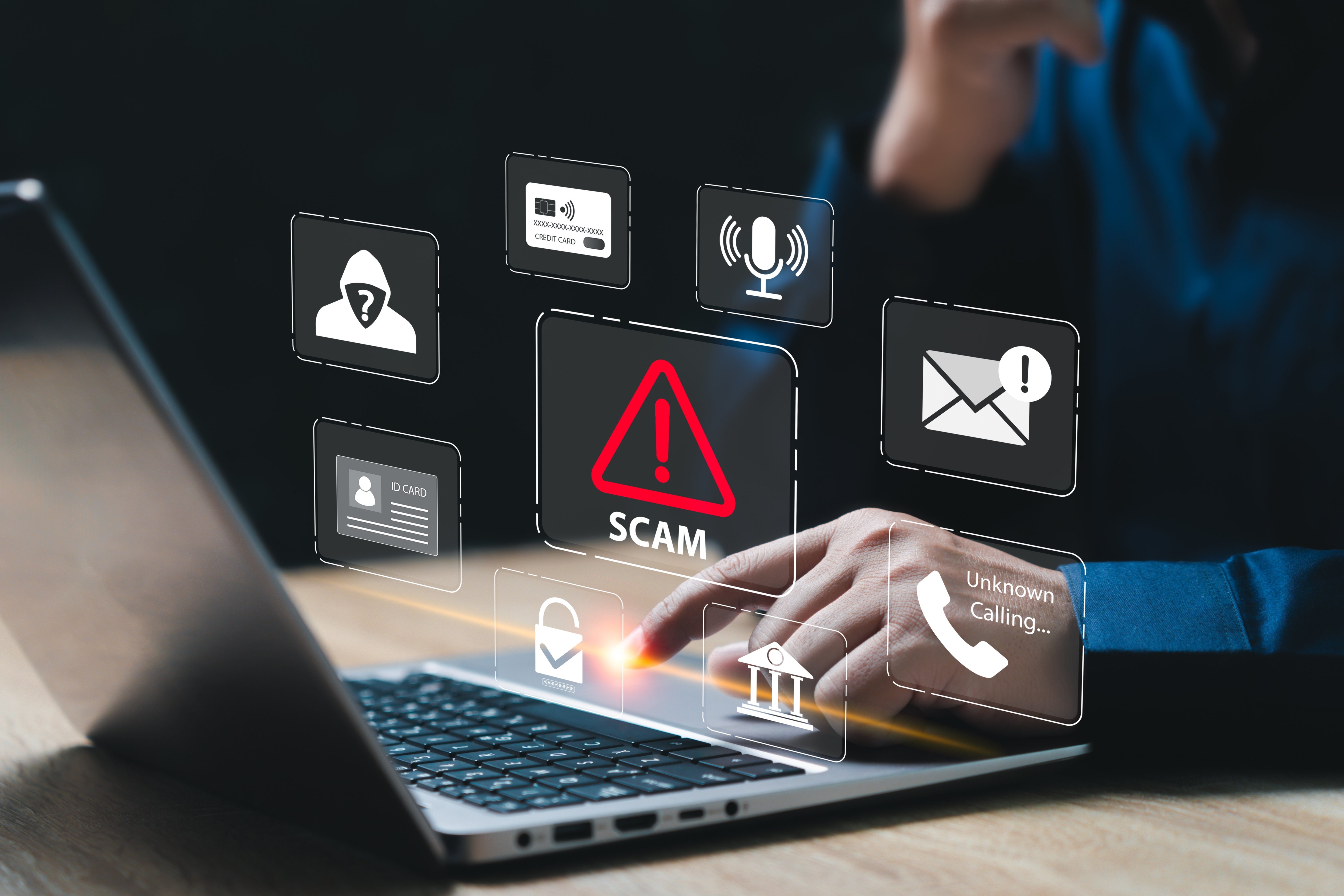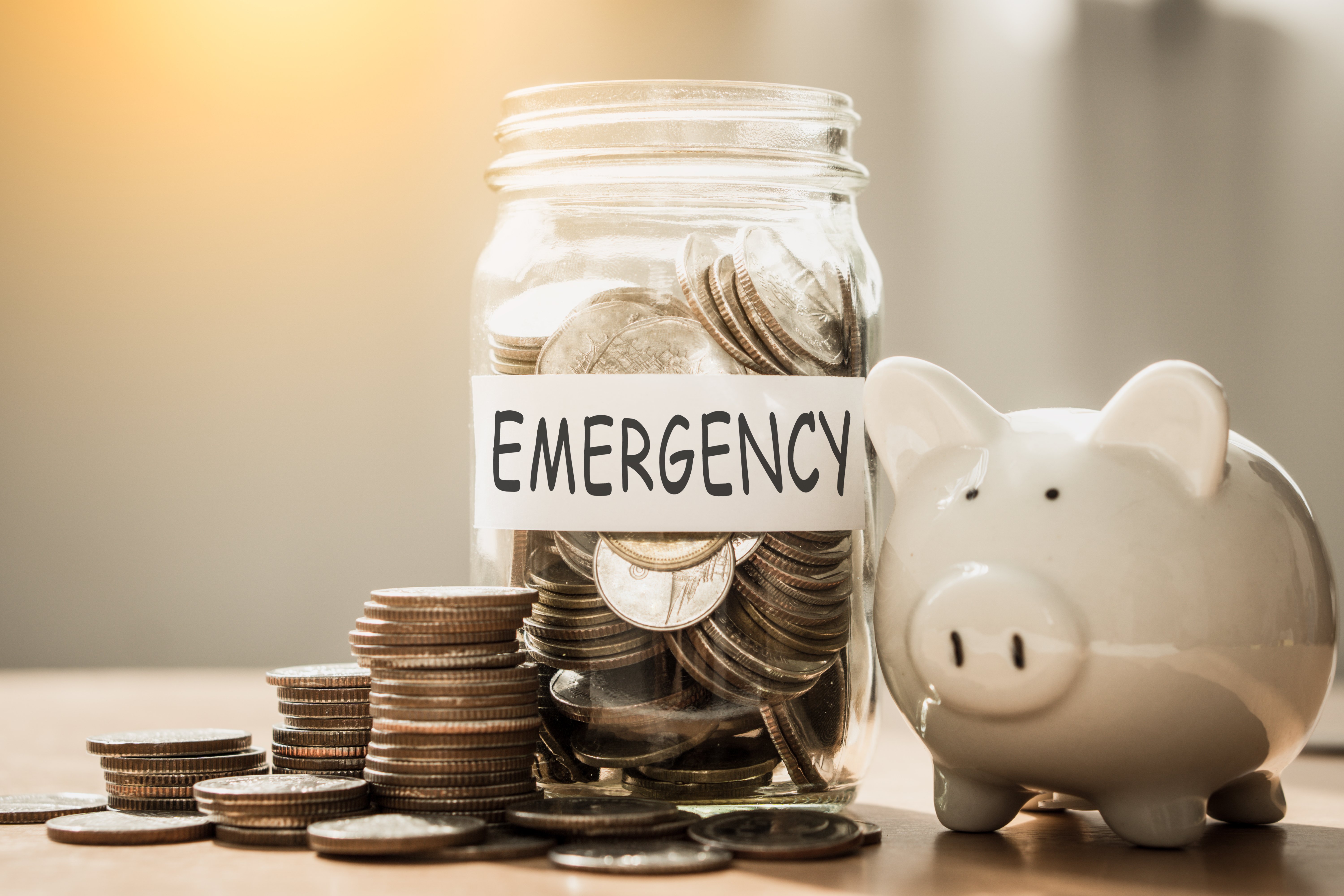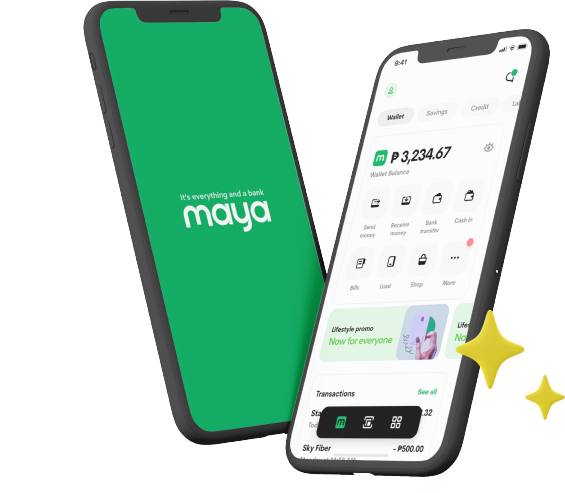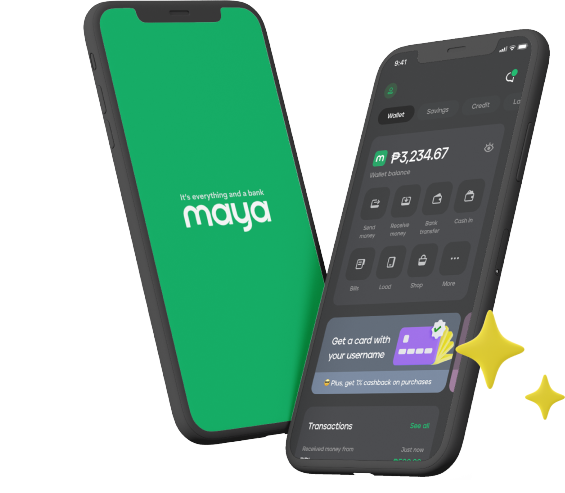
Card-not-present (CNP) fraud—where fraudsters use stolen credit or debit card details for unauthorized transactions without physically presenting the card—is now one of the most common forms of cybercrime in the Philippines. With the rapid growth of online shopping and digital payments, the risk of falling victim to this scheme continues to rise as well. As a result, more Filipinos are seeking out the most secure credit card for their online transactions to safeguard their financial details from such attacks.
This precaution is certainly for good reason, since falling prey to CNP fraud or other credit card scams can have serious consequences, including financial loss and emotional stress. That said, vigilance and an understanding of how fraudsters exploit sensitive information are key to ensuring secure online credit card transactions. In this article, we’ll explore how exactly cybercriminals make use of your stolen details and what you can do to prevent such incidents.
1. Unauthorized Online Purchases
If a fraudster gets hold of your credit card details, they can use them to shop online without your permission. Imagine waking up one day to find multiple charges for gadgets or luxury items you never bought. Moreover, if you don’t act fast, you might have a hard time reversing those transactions and be stuck having to pay for purchases you didn’t make.
One way to mitigate financial loss should your card get compromised is to set spending limits. If you have a Landers Cashback Everywhere Credit Card, for instance, you can easily set the card’s daily spending limit as well as toggle off foreign transactions, online purchases, and contactless payments via the Maya app. This ensures that even if someone gains access to your card’s information, they wouldn’t be able to max your credit limit. Furthermore, you can instantly freeze your card to block all transactions temporarily with just a click of a button on the app. Just tap the snowflake icon to open your card’s settings to initiate the action.
2. Cloning or Skimming
Some criminals install tiny devices on ATMs or card machines to steal your card’s information when you swipe or insert it. This then allows them to create a duplicate of your card to use. Cloning and skimming often happens in places like gas stations or isolated ATMs, where outdated or poorly monitored payment systems make it easier for fraudsters to steal card information.
To prevent this from happening, always inspect ATM or point-of-sale (POS) machines before inserting your card. If using an ATM or withdrawing cash advance through your credit card, consider using a machine that’s inside a mall or located near or inside a bank branch as these places have more security than ATMs located in other areas.
3. Identity Theft and Account Takeover
Your stolen credit card details, combined with other personal information like your birthdate or address, allow scammers to impersonate you. They might apply for loans, open new credit cards, or even try to access your digital banking account. Before you know it, you could be dealing with a financial mess under your name.
A good way to prevent this is by choosing financial products that make use of two-factor authentication (2FA). The Maya app, for instance, requires a one-time password (OTP) or biometric authentication on top of your password. This, then, ensures that your Maya Wallet as well as your Landers Cashback Everywhere Credit Card details in the app won’t be easily accessed by unauthorized individuals.
4. Selling Your Information on the Dark Web
Some criminals don’t use your stolen details themselves but sell them to other fraudsters instead. Your card information, personal details, or even bank account credentials can end up in underground markets where buyers use them for various scams. This means that even if the first thief doesn’t touch your money, someone else might. In such cases, blocking your card might be the best course of action.
5. Making Fraudulent Transactions in Your Name
Your card details can be used for things beyond just purchasing items. Fraudsters may book expensive flights, rent hotel rooms, or sign up for subscription services, all under your name. The worst part is that these transactions can pile up before you even realize your card has been compromised.
One effective way to protect yourself from these fraudulent transactions is by using a credit card with a dynamic CVV such as the Landers Cashback Everywhere Credit Card. This credit card’s dynamic CVV is only valid for 24 hours, and a new number is generated every time you access your card details in the Maya app. This makes it difficult for fraudsters to use stolen card information as they wouldn’t have access to your CVV to verify the purchase, making this Maya card the safest credit card you can have when transacting online.
Additionally, it’s crucial to always check your card’s transaction history to spot fraudulent transactions right away. Fortunately, you can conveniently check your Landers Cashback Everywhere Credit Card’s real-time transactions via your Maya app so you can report any unauthorized transactions immediately to Maya’s 24/7 support center.
What to Do If Your Card Has Been Compromised
If you suspect that your card details have been compromised, you should immediately freeze or block your card to mitigate any further damage. If you’re a Landers Cashback Everywhere Credit Card holder, this can be done right on your Maya app through the following steps:
- Go to “Cards” and select your credit card.
- Tap the snowflake icon to open your card settings.
- Select “Card Security” then “Freeze the Card” (to temporarily block the card) or “Block Lost or Stolen Card” (to permanently block the card and get a replacement). If you select “Block Lost or Stolen Card,” choose “Select a reason” and then select “Confirm” when prompted.
Once your card is canceled, you can then tap “Order a New Card” to get a replacement. Keep in mind that card replacement fees apply.
By taking proactive steps in protecting your personal and financial information such as utilizing your card’s security features, regularly monitoring your transactions, and staying cautious, you can avoid falling victim to the scams discussed above. Remember that a little vigilance goes a long way in keeping fraudsters at bay and making sure your sensitive information remains secure.
You might also like
These Stories on Maya Bank




